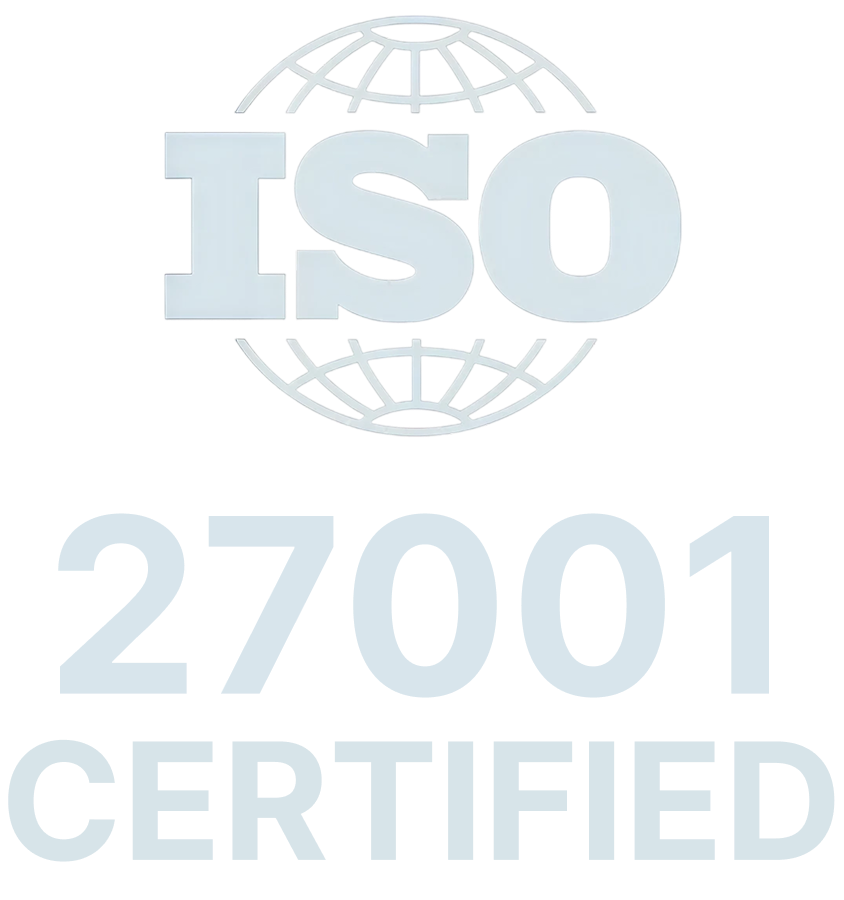No matter how creative the idea or how brilliant the strategy – if the final bill doesn't add up, the agency has a problem. Precise cost estimation is much more than a bureaucratic ticking-box exercise; it is the economic backbone of successful projects. Those who estimate effort realistically in advance protect their margins and their team from overtime and budget disputes. But how do you strike the balance between "competitive bidding" and "profitable working"?
Definition: What actually is cost estimation?
Cost estimation is the process of forecasting all anticipated efforts (time, money, resources) for a project before it begins. It forms the basis for your quote and subsequent resource planning. It is not about an exact prediction of the future – which is impossible – but about the best possible approximation of reality based on available information.
In modern agency life, estimation is inextricably linked to project management. You can only decide if a project is worthwhile if you know what a task is likely to cost.
Why estimation is vital for agencies
For service providers, time is literally money. An incorrect estimate has direct consequences:
- Estimated too high: You lose the pitch to a cheaper competitor.
- Estimated too low: Your team works overtime, the margin vanishes, and the project becomes a loss-making venture.
A solid estimate, on the other hand, builds trust. Clients understand what they are paying for ("price transparency"), and your team knows that deadlines are achievable. Furthermore, it is the prerequisite for real controlling: only those who have a planned value can identify deviations during the course of the project.
5 methods of cost estimation
There is no "one-size-fits-all" way. Depending on the project phase (rough pitch vs. detailed concept) and information density, different approaches are suitable:
1. Expert Judgment
You ask experienced team members: "How long will you need for this design?"
Advantage: Quick and easy.
Disadvantage: Subjective and often too optimistic.
2. Analogous Estimating
You use data from past projects. "The last website was similar in complexity and cost 150 hours."
Advantage: Based on real agency data.
Disadvantage: Assumes that projects are truly comparable.
3. Bottom-up Estimating
The project is broken down into the smallest work packages (Work Breakdown Structure). Each package is estimated individually, and the sum forms the total budget. This is the most accurate method for fixed-price quotes.
4. Top-down Estimating
Often, the client arrives with a fixed budget ("We have £50,000"). Here, you check which services are feasible for that amount. You can read more about this in our article on top-down estimation.
5. Parametric Estimating
Here, you use statistical parameters (e.g., "5 hours per landing page section") to calculate the effort. Ideal for standardised tasks.
Accuracy and the "Cone of Uncertainty"
No estimate is perfect at the beginning. At project start, deviations of +/- 50% are completely normal (the so-called "Cone of Uncertainty"). The further the project progresses and the more detailed the requirements become, the more precise the estimate becomes.
Pro tip: Communicate this uncertainty openly. Instead of saying "This costs £10,000", say: "Based on the current briefing, we are looking at between £8,000 and £12,000."
Risk Management: Buffers save projects
In the creative industry, things rarely go exactly to plan. Feedback loops take longer; technical interfaces cause trouble. A professional budget therefore always includes risk buffers:
- Explicit buffer: Plan an 10–20% budget for "unforeseen circumstances" and itemise this separately if necessary.
- Internal vs. External estimation: Calculate conservatively internally (with a buffer) to ensure the margin holds.
Better estimation with awork
The most accurate estimation is not based on gut feeling, but on data. This is where a smart tool helps:
- Learn from the past: Use time tracking in awork to see how long similar tasks actually took.
- Real-time alerts: Assign budgets (in hours or pounds) directly to the project. awork warns you if you have used, for example, 75% of the budget but the project is only halfway finished.
- Differentiated hourly rates: Store different rates for junior, senior, or freelance staff to calculate costs precisely.
FAQ: Frequently asked questions about cost estimation
[.toc-name]FAQ[.toc-name]
What is the difference between cost estimation and cost planning?
Estimation is the initial forecast before the project starts. Cost planning is the detailed process afterwards, where this estimate is distributed across project phases and continuously monitored.
Should I estimate in hours or in pounds?
Internally, estimating in hours often makes more sense, as it remains comparable regardless of pay rises or individual staff hourly rates. For the client quote, you then convert these hours into pounds.
How do I handle unclear requirements?
If the goal is vague, avoid fixed prices. Instead, offer a "Discovery Phase" at a fixed price to clarify the concept, or bill agilely based on effort ("Time & Material").
[.no-toc]Conclusion[.no-toc]
Good cost estimation is a learning process. Those who consistently evaluate their projects and draw actual-versus-planned comparisons become more precise with every quote. Use tools like awork to automate this process and replace your gut feeling with reliable data. This turns risky bets into profitable projects.

















